Wise Guy: David Chase and The Sopranos reveals family trauma behind series villain
The Sopranos’ creator David Chase reminisces on the behind-the-scenes secrets which drove the success of the iconic series.
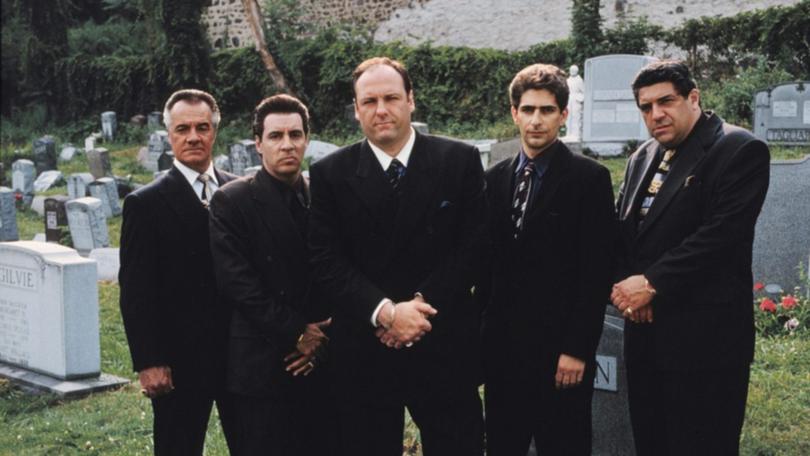
If storytellers weren’t so consumed with their mummy and daddy issues, we wouldn’t have some great art.
Steven Spielberg’s unresolved angst against his father can be seen all over Close Encounters of the Close Kind, and Walt Disney’s guilt over his mother’s death goes a long to explaining why almost every Disney princess has a dead mum.
If you’ve ever seen any Ari Aster movie (Hereditary, Midsommar and Beau is Afraid), you’re scared for his emotional wellbeing. The man is clearly trying to work through something.
Sign up to The Nightly's newsletters.
Get the first look at the digital newspaper, curated daily stories and breaking headlines delivered to your inbox.
By continuing you agree to our Terms and Privacy Policy.So was David Chase, the creator of The Sopranos, who based the formidable, deranged and poisonous Livia Soprano on his own mater-familias.
On his wedding day in 1968 to wife Denise, members of Chase’s family told him, out of concern, that the newlyweds would have to move away because their marriage would not survive his mother. So they did, moving west to California where he went to film school at Stanford.
The 25th anniversary of The Sopranos actually passed in January, but when you’re one of the most influential and lauded TV shows of the past century, you get to have the whole year.
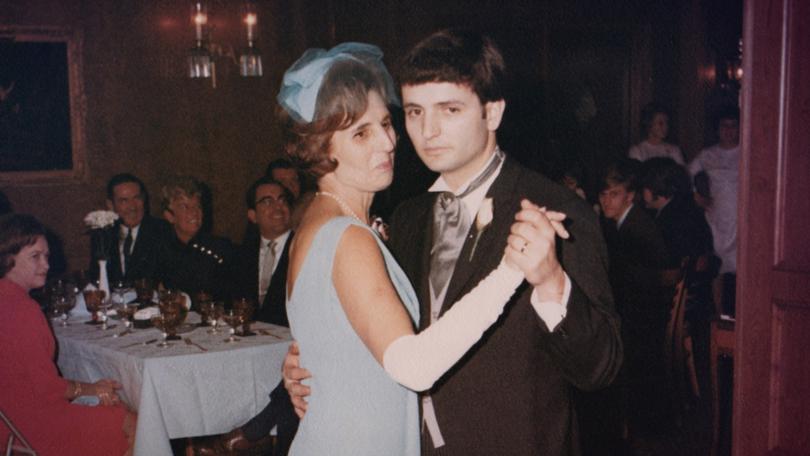
This week is the release of Wise Guy: David Chase and The Sopranos, a two-part documentary that goes into the making of the award-winning series, including behind-the-scenes dramas involving Gandolfini’s addictions, the casting process and Chase’s family background.
Through a series of interviews between director Alex Gibney (Enron: The Smartest Guys in the Room, The Looming Tower) and Chase, the creator reveals the origins of The Sopranos, which started with the constant plea from people including his wife that he had to write about his mother.
“She was such a character, so funny,” he recalled in Wise Guys.
The Sopranos started as a movie screenplay, largely following the arc of the show’s pilot episode of a 40-year-old mobster who starts to see a therapist after he has a series of panic attacks, puts his mother in a nursing home, and then ending with the story beat of Tony trying to smother her with a pillow when he discovers she tried to have him killed.
Chase wanted Robert DeNiro to play Tony and Anne Bancroft for Livia.
Chase agreed to take part in Wise Guy because he thought it was a project focused on The Sopranos, not just him. It’s both. As Gibney said to him, “What interests me is how it was personal to you”.
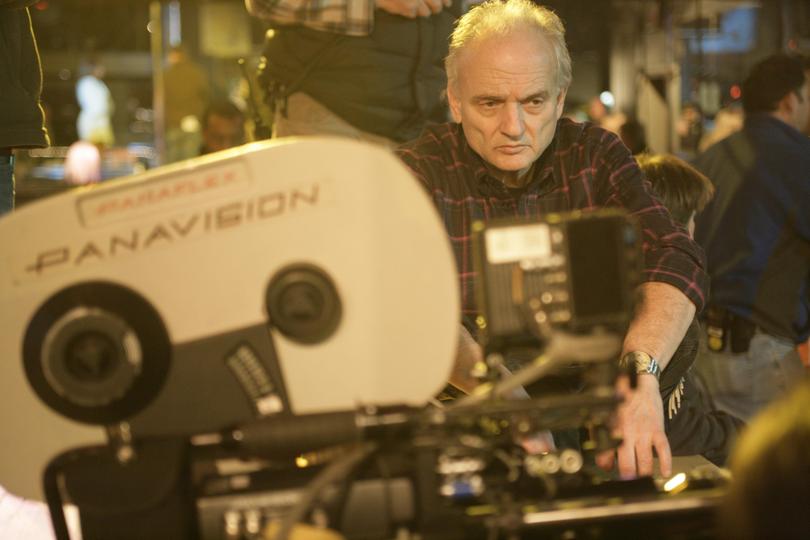
With that origin story, it’s hard to extricate The Sopranos from Chase. Although Terrence Winter said in the doco that everyone in the writers’ room had the same mummy issues, adding to the story’s family dysfunction. A team of people with that much collective parental trauma.
Imagine The Sopranos without its complex emotional terrain, without the focus on Carmela, Dr Melfi or Christopher. Without Tony as this tough guy, an archetype of old-world masculinity who had so much vulnerability.
Although the creative forces are still uncomfortable with the fact that many fans considered Tony to be a role model to be emulated.
The character was a criminal, a philanderer and a violent murderer. In season one’s fifth episode, “College”, Tony is pictured strangling a snitch to death in a brutally visceral scene the writers were at first concerned would put viewers off him.
Sure, they wanted audiences to like him, but they didn’t want people to want to be like him. Even though Chase acknowledged there were two very different camps of fans — those who wanted the serial drama aspect and the other who were of the “less acting, more whacking” philosophy.
The series is still cited as the paragon of the Golden Age of television. After The Sopranos, everything was possible. You could have complicated characters who didn’t have to be one thing or the other — they could live in the margins and in between the binaries.
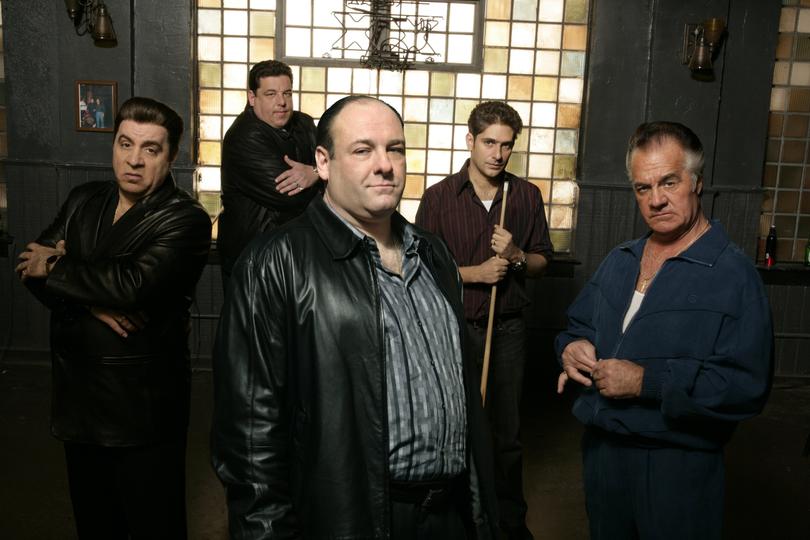
The Sopranos’ success had been far from assured and Chase had pitched it to all the broadcast networks who passed. At the time, HBO was still a neophyte in the scripted space. It had a small slate of successful shows including The Larry Sanders Show, Oz and Sex and the City had just run its first season.
As Michael Imperioli, who played Christopher, reminded everyone, HBO wasn’t synonymous with prestige, it was a nothing cable channel.
Wise Guy is more of a flashback to that time than an interrogation of The Sopranos’ place in pop culture a quarter of a century on.
But it is a trove of small details such as Lorraine Bracco originally being brought in to read for Carmela, but she wanted to play Dr Melfi, early audition tapes which include clips of Jonathan LaPaglia reading for Christopher, the car chase scene that was almost directly lifted from Chinatown and recollections of an attempted intervention for Gandolfini.
Over two-and-a-half hours, the memory lane is adorned with flashing bright lights and you’re at risk of starting a rewatch of the show’s 86 episodes. Because a small taste isn’t enough.
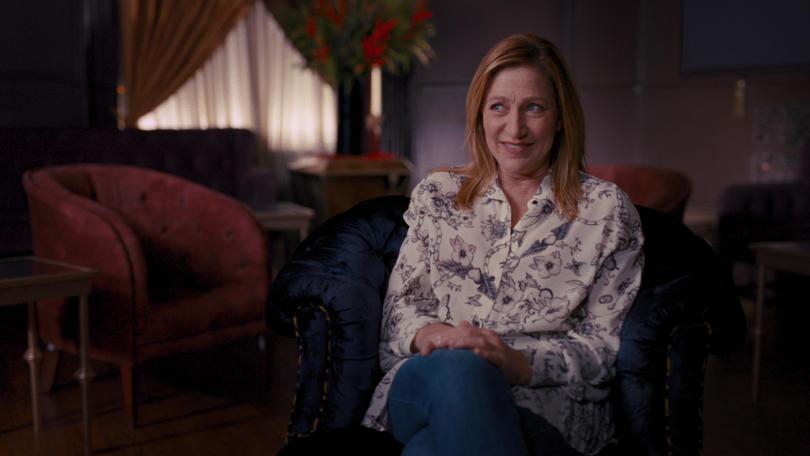
When you do, fans are now armed with more context for where The Sopranos comes from, of the experiences Chase lived through to conjure these characters who still live rent-free in our heads, of his own domineering mother.
Later in life, Chase pieced together, albeit without proof, that his mother and her sister were likely victims of their father’s sexual abuse. Chase said both his grandfathers — “These guys from southern Italy” — were bad people.
Not to be glib but it’s the one upside to great pain — great art.

